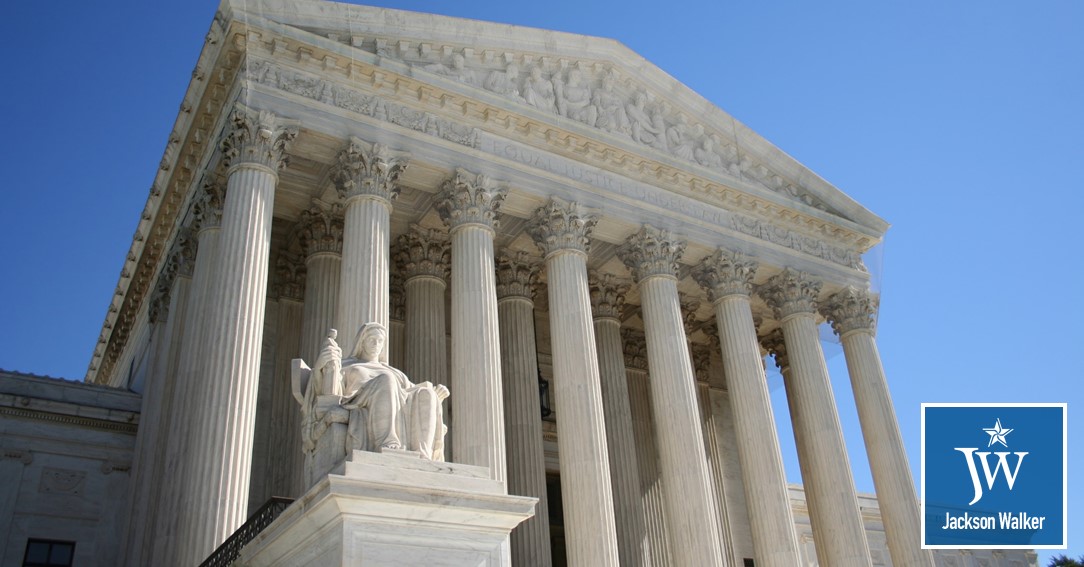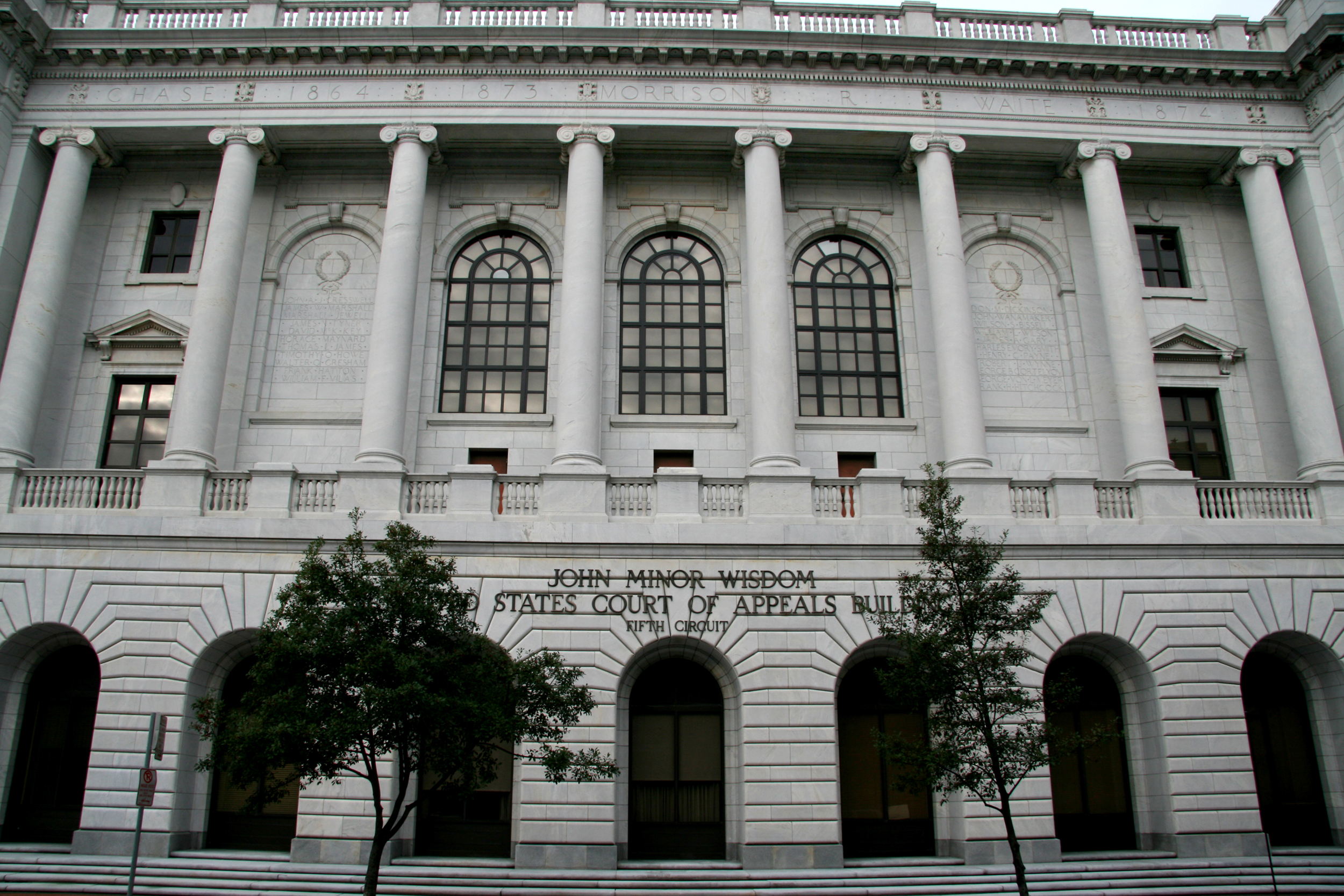Labor & Employment Appellate
Experienced appellate attorneys in Jackson Walker’s Labor and Employment section stand ready to advocate for our clients’ interests at critical junctures in trial courts, when emergency relief is needed from a court of appeals, and when clients need relief from adverse final judgments. Our appellate lawyers include many who are Board Certified in Labor and Employment Law, who have had experience as federal appellate and trial court law clerks, and who are consistently ranked in “The Best Lawyers in America.”
Jackson Walker attorneys regularly argue before federal courts of appeals and the Texas Supreme Court and have briefed matters in the Supreme Court of the United States. We use our skill and experience to help clients when critical and precedent setting issues must be addressed, whether those issues are significant to a client’s business or an industry as a whole.
Our appellate attorneys also work closely with clients to align expectations and budgets in order to cost-effectively pursue our clients’ interests.

October 3, 2023
Attorney News
Ali Andrews Expands Jackson Walker’s Tax Practice in Austin
Jackson Walker is pleased to announce the addition of Ali Andrews as senior counsel in the Austin Tax practice. Joining from an international firm, Ali concentrates her practice on handling state and local tax disputes, state tax audits, unemployment tax matters, equal taxation, multi-state tax planning, and other administrative law matters.

June 9, 2022
Insights
Supreme Court Addresses Federal Arbitration Act’s Residual Clause, But Circuit Split Remains Regarding Personal Jurisdiction in FLSA Cases
By Lionel Schooler, David Schlottman, & Michael Drab | On June 6, 2022, the Supreme Court addressed two cases involving employment law issues.

November 12, 2021
Insights
Impact of the Fifth Circuit’s Swales Decision on the FLSA Collective Action Certification Process
By Lionel Schooler
As the recent Helgason decision demonstrates, in the new age of FLSA certification after Swales, employers in Texas, Louisiana, and Mississippi, who have to confront lawsuits by workers seeking to pursue wage claims, will now have the opportunity at the outset of a lawsuit to participate in focused discovery by which to challenge claims of “similar situations,” before a costly notice and opt-in process occurs.

September 27, 2021
Insights
5th Circ. Rulings Guide On Avoiding FMLA Retaliation Claims | Law360 Employment Authority
By Lionel Schooler | The federal Family and Medical Leave Act was enacted in 1993 to enable eligible employees of covered employer to take up to 12 weeks of unpaid leave during any 12-month period for certain qualifying conditions, such as giving birth or caring for oneself or a family member with a serious health condition.

September 15, 2021
Mentions
Six-Figure Income Plus Overtime Ruling Hits Energy Sector Pay | Bloomberg Law
Following a recent ruling that an offshore oil rig manager can get overtime despite making $200,000 a year, Jackie Staple told Bloomberg Law that the Fifth Circuit ruling leaves room for highly paid workers who receive day rates to be exempt. “There could be a different fact pattern presented and the worker could meet the requirements for overtime exemption,” she noted.

September 3, 2021
Insights
Supreme Court Restricts Use of Computer Fraud and Abuse Act
In its recent decision in Van Buren v. United States, the U.S. Supreme Court narrowed the scope of the Computer Fraud and Abuse Act (CFAA) and its potential use by employers to ensure computer security and protection for their trade secrets and confidential information.

August 24, 2021
Insights
Avoiding Retaliation Claims Under the Family Medical Leave Act
By Lionel Schooler | The Fifth Circuit Court of Appeals issued two decisions that highlight the robustness of the Family Medical Leave Act’s (FMLA) anti-retaliation provision, simultaneously emphasizing to employers the importance of avoiding retaliatory conduct under the FMLA.

June 16, 2020
Insights
Texas Supreme Court Clarifies Standard for Qualifying for Workers’ Compensation Act’s Intentional-Injury Exception
The Texas Supreme Court recently clarified that the Workers’ Compensation Act’s intentional-injury exception applies only to situations where the employer purposefully causes injury or when the employer believes “that its actions are substantially certain to result in a particular injury to a particular employee, not merely highly likely to increase overall risks to employees in the workplace.”
- Advise trial counsel on strategies for a possible appeal
- Conduct oral argument on key trial court motions
- Research and draft appellate briefs
- File interlocutory appeals and petitions for mandamus
- File petitions for or opposing state or U.S. Supreme Court review
- Prepare amicus curiae briefs on significant matters
















